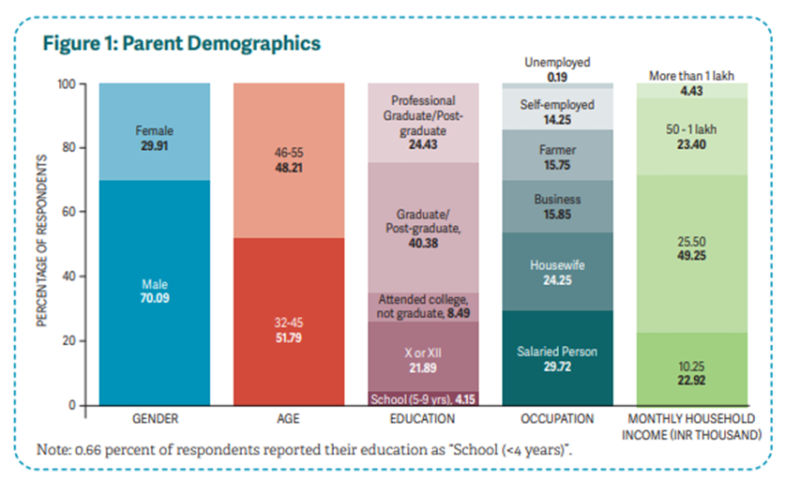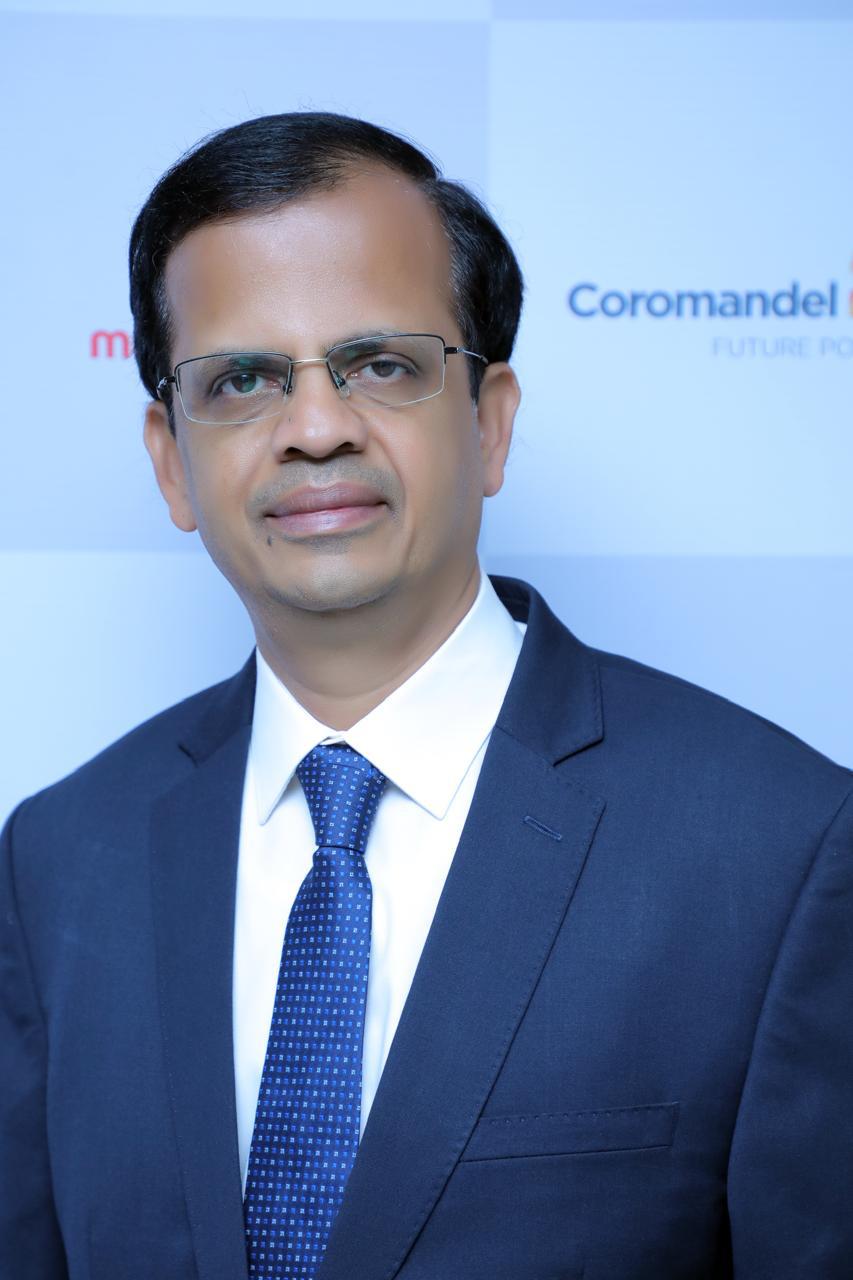– A survey conducted by Koan Advisory Group, a New Delhi-based public policy consulting firm, has revealed that a significant 64% of parents in Rajasthan believe their children would benefit from starting coaching classes earlier, with many advocating for enrolment as early as middle school.
The study analysed the responses of 1,060 parents from five Tier-Y cities in Rajasthan: Jaipur, Jodhpur, Kota, Ajmer, and Bikaner, highlighting the growing reliance on coaching to supplement formal education. The respondent demographics were evenly distributed: 70% of the respondents were male and the rest female. Just over half, 52%, were aged between 32 and 45, while 48% were between 46 and 55 years of age.
These findings come amidst the recent Guidelines for the Regulation of Coaching Centres, introduced by the Department of Higher Education in January 2024 and the Rajasthan Coaching Center (Control and Regulation) Bill, 2024 released in July 2024, which set a minimum age limit of 16 years for enrolment. The survey indicates a strong preference for early coaching, with 64% of parents expressing a desire for their children to start coaching before Class IX. The data shows that 38.5% of children began coaching between Classes VI-VIII and nearly 30% started as early as Class I-III.
Vivan Sharan, Partner at Koan Advisory Group, said, “This study highlights the importance of parental involvement in educational rule-making. Any changes to education regulations should be backed by thorough empirical evaluation and impact assessment to ensure they effectively address the issues without unintended consequences.”
The study reveals a direct correlation between parents' income and their inclination toward private tutoring. While 39% of parents opted for one-on-one tuition, 27% chose group tuition, and 34% preferred coaching institutions.
The recent guidelines set by the Department of Higher Education and the new Bill by the Rajasthan government bar children under 16 from enrolling in coaching centers. This may contradict parental expectations and deny children the perceived benefits of early coaching.

